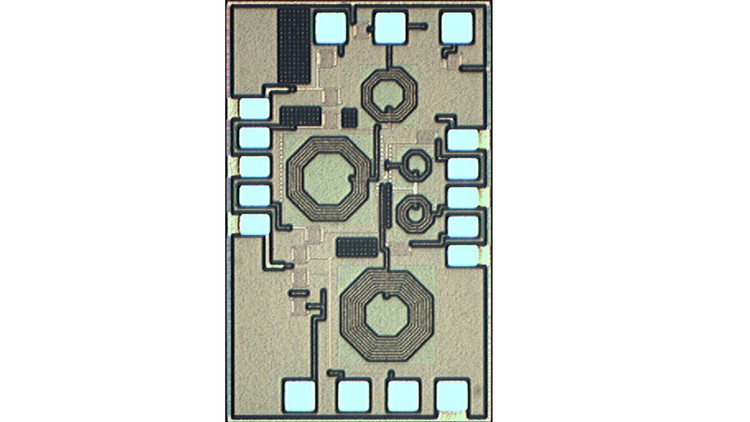RF Circuits and Systems-Fundamentals of Phased-Locked Loops
Course 6
4.87 (15 reviews)

73
students
6.5 hours
content
Dec 2024
last update
$49.99
regular price
What you will learn
This course is the sixth in the series of courses offered in the curriculum for Radio Frequency Circuits and Systems covering phased-locked loops (PLLs).
The objective of this course is to give a thorough understanding of phase-locking concept and PLL design.
The course builds upon the fifth course on Oscillators offered in the curriculum for Radio Frequency Circuits and Systems.
This course provides several examples and design cases that give better insight about the operation of the PLL.
Screenshots




Related Topics
5063098
udemy ID
1/5/2023
course created date
8/19/2023
course indexed date
Bot
course submited by